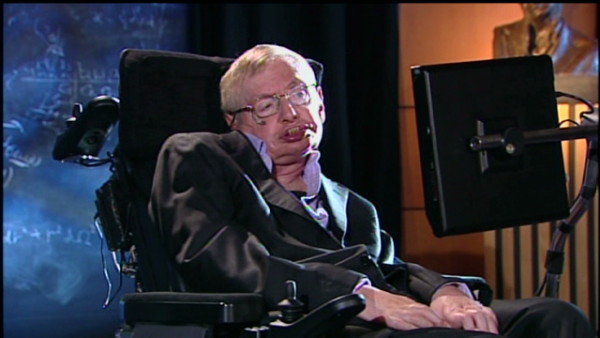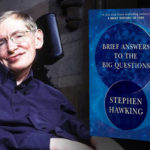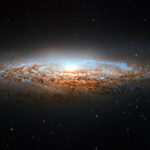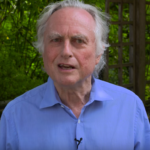Does Science Make God Irrelevant?
by Karlo Broussard
Filed under Christianity and Science
Does God still matter? This is the question that seems to be at the heart of the modern debate about God’s existence. Many unbelievers who label themselves agnostic-atheists do not claim definitively that God does not exist. They take the softer position that God probably does not exist, and even if he does exist, he is irrelevant in explaining the universe. As Dr. Richard Dawkins stated in a 2013 Cambridge debate with the former Archbishop of Canterbury, Dr. Rowan Williams, “Religion is redundant and irrelevant.”
But why is God seen as irrelevant? Why don’t modern agnostic-atheists think God matters? One reason, so it is claimed, is that science is sufficient to explain the physical universe.
For example, the world-renowned physicist Dr. Stephen Hawking, in a 2010 interview on the Larry King Live show, stated, “God may exist, but science can explain the universe without the need for a creator.” But is this true? Can science give an exhaustive explanation of the universe that would negate the need for God? I’ll give two reasons why I think the answer is no.
Science and the Inductive Method
First, science’s explanatory power is not sufficient, because it relies on the inductive method in order to validate its hypotheses.
Contrary to the deductive method, the inductive method moves from knowledge of particulars to general conclusions. Without getting into the details that differentiate the inductive and deductive methods, suffice to say that absolute certainty about one’s conclusion is impossible when employing the inductive method. Since science relies on the inductive method, it follows that scientists can never be absolutely certain that their theories explaining the universe are complete. They can never be absolutely certain that they have discovered and observed every piece of data necessary to give a complete explanation of the universe—much less a complete enough explanation that would negate the need for God.
My mentor and friend Fr. Robert J. Spitzer likes to say, “Science cannot know what it has not yet discovered, because it has not yet discovered it.” In other words, scientists can be certain only about what they have already discovered through empirical observation. Certainty can never be had for whether there is some piece of data enshrouded in the past or a piece of data yet to be encountered that shifts the paradigm. Therefore, there necessarily exists in science a perpetual openness to discovering something new that could alter its current theory about the universe.
But if this is true, then one can never rationally claim that science can give a complete and exhaustive explanation of the universe—much less a complete enough explanation that God is no longer needed as its creator. So, the claim that God doesn’t matter because science can sufficiently explain the universe is unfounded.
Science and the Universe's Existence
Another way to respond to this objection is by pointing out that science in principle cannot explain why the universe exists in the first place rather than not exist.
Suppose for argument sake that science could give an exhaustive physical description of the universe. Would that necessarily negate the need for God in explaining the universe? Absolutely not! Why? Science has explanatory power given the fact that the universe exists. It presupposes an already existing universe to observe and explain. Consequently, it cannot explain why the universe exists in the first place. It can’t even explain why the universe exists in this way instead of some other way. So, to the question “What determines that there is to be a universe with time, space, and matter instead no universe at all?”, science is silent.
To the question, “What determines the universe to be this way—e.g., governed by quantum mechanics—and not some other way—e.g., not governed by quantum mechanics?”, science is silent. These are philosophical questions that can be answered only by philosophy. Therefore, science cannot take the place of God in sufficiently explaining the universe.
In conclusion, because science must always be open to modification due to its reliance on the inductive method and its inability to explain why the universe even exists rather than not exist, it will never be able to give an exhaustive description of the universe. Therefore, any claim that science has done away with the need for a transcendent creator in explaining the universe is simply unreasonable.
Related Posts
Note: Our goal is to cultivate serious and respectful dialogue. While it's OK to disagree—even encouraged!—any snarky, offensive, or off-topic comments will be deleted. Before commenting please read the Commenting Rules and Tips. If you're having trouble commenting, read the Commenting Instructions.













